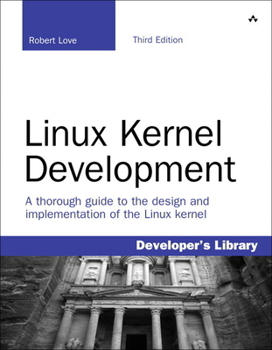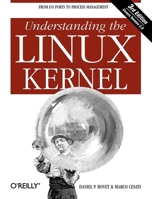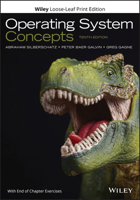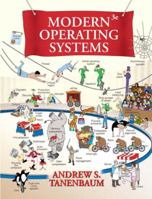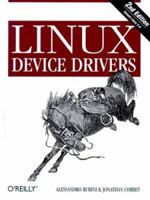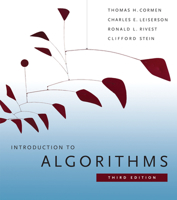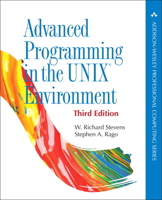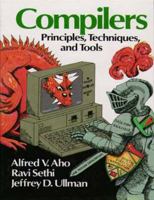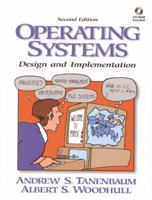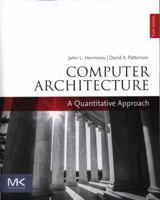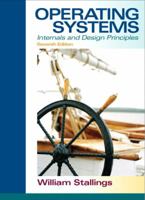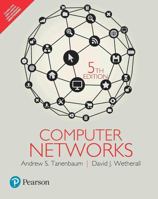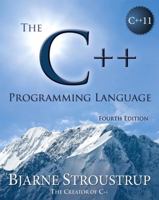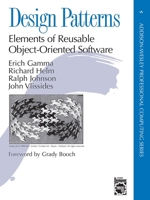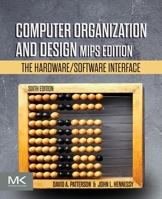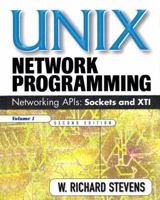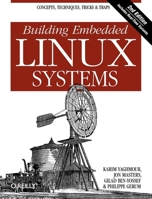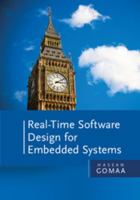Linux Kernel Development
Select Format
Select Condition 
You Might Also Enjoy
Book Overview
Linux Kernel Development details the design and implementation of the Linux kernel, presenting the content in a manner that is beneficial to those writing and developing kernel code, as well as to programmers seeking to better understand the operating system and become more efficient and productive in their coding.
The book details the major subsystems and features of the Linux kernel, including its design, implementation, and interfaces. It covers the Linux kernel with both a practical and theoretical eye, which should appeal to readers with a variety of interests and needs.
The author, a core kernel developer, shares valuable knowledge and experience on the 2.6 Linux kernel. Specific topics covered include process management, scheduling, time management and timers, the system call interface, memory addressing, memory management, the page cache, the VFS, kernel synchronization, portability concerns, and debugging techniques. This book covers the most interesting features of the Linux 2.6 kernel, including the CFS scheduler, preemptive kernel, block I/O layer, and I/O schedulers.
The third edition of Linux Kernel Development includes new and updated material throughout the book:
An all-new chapter on kernel data structures Details on interrupt handlers and bottom halves Extended coverage of virtual memory and memory allocation Tips on debugging the Linux kernel In-depth coverage of kernel synchronization and locking Useful insight into submitting kernel patches and working with the Linux kernel communityCustomer Reviews
Rated 5 starsAn excellent academic book on the superb Linux 2.6 kernel
The book "Linux Kernel Development", explains clearly the inner workings of the current 2.6 Linux kernel. The presentation is at an academic - algorithmic level of detail, the authors describe the main important data structures, and the more significant chunks of code, but they avoid a detailed description of the code. The book is useful to any serious Linux kernel developer, mainly as a first book. The clear exposition...
0Report
Rated 5 starsGreat description of the Linux Kernel
Everybody should introduce their background before reviewing, since that helps a lot when other people read your opinion. In my case I'm an EE, and never took a course in OS or have a lot of experience in OS design or the like. My work has been in low level design of embedded systems, including HW and SW. We'll be porting the Linux Kernel to our own HW architecture, and bought this book as a reference to understand what to...
0Report
Rated 5 starsOne of the Best Linux Book
I just got my order (the 2nd edition) yesterday. This is my second book about Linux Kernel, the other one is "Understanding The Linux Kernel" by Daniel P. Bovet, Marco Cesati. I was having hard time to understand reading the Bovet's book, but when I read this book it was really fun. I even couldn't stop reading it when the time past midnight (wow, it is like reading a thrilling novel book :-). I love the way the author...
0Report
Rated 5 starsGreat technical book
This is a very easy introduction to hacking on the linux kernel, there is not much discussion about design choices, but it explains how the kernel work, how to program on it and what things one need to look out for.The book is readable for both newbies and uber kernel hackers and through out the book Robert has a great sense of humor that mostother technical books does not have. Highly recomended read.
0Report
Rated 5 starsA Great Book on the kernel... with a sense of humor.
There are more technical books than Linux Kernel Development, with more code samples and technical jargon, but when it comes to up to date knowledge, and a clear, concise writing style, this volume is one of the best. Robert Love has written a book that is readable for both kernel newbies and those wishing to get a better grasp for what is at the heart of 2.6. However, what I find most appealing about this book is it has a...
0Report










